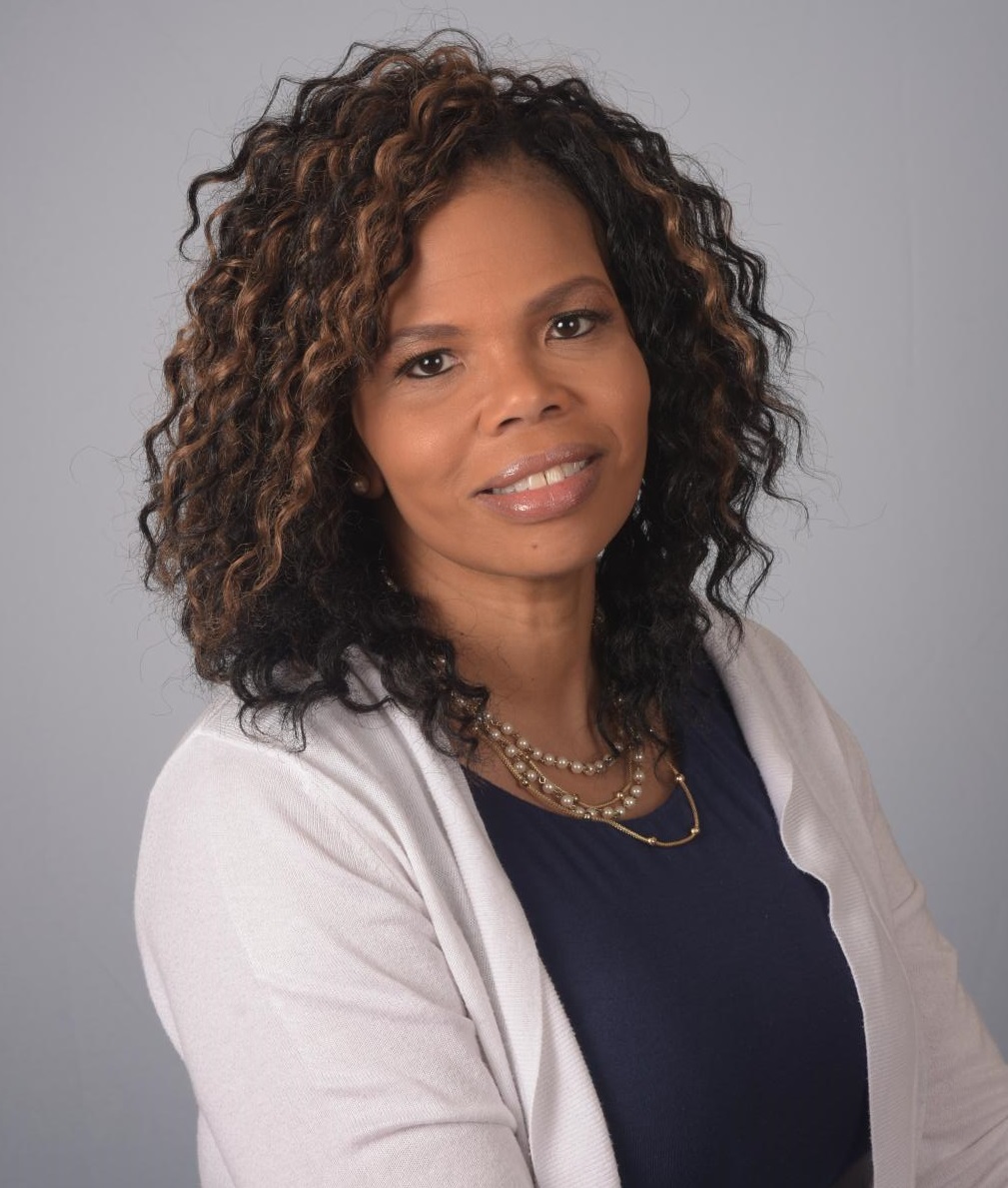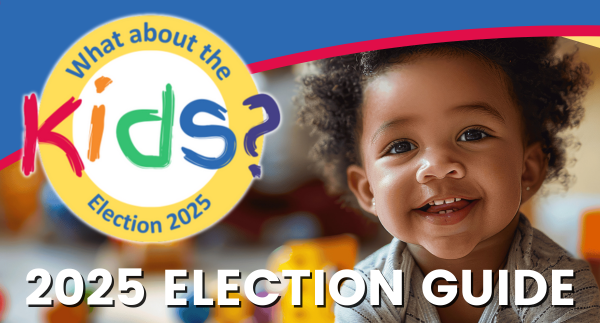Posted on August 4, 2025

Director of Early Childhood Policy and Advocacy
Doulas are trained professionals who provide emotional, physical, and informational support during pregnancy, childbirth, postpartum care, and in the event of loss. Unlike medical providers, doulas offer continuous, personalized non-clinical care that focuses on comfort, advocacy, and helping families navigate the birthing process. Their presence is proven to improve birth outcomes and reduce disparities, particularly for Black and Brown birthing people who face some of the highest maternal mortality rates in the country.
Why Doulas Matter
Doulas aren’t a luxury. They’re a life-saving support system. Research has shown that doula supported births:
- Lower rates of cesarean births, complications, and NICU admissions
- Increase breastfeeding initiation and maternal satisfaction
- Improve mental health and reduce postpartum depression
- Contribute to greater trust and culturally competent care, especially in underserved communities
Doulas help close racial and economic gaps in maternal health, and they do it while centering the needs of families.

Let's make children and their
families the center of the
2025 Election Campaign.
The Need for Community-Based Doulas Is Rising, but Where Are They?
While more doulas are being trained, many are leaving the profession due to inadequate compensation structures.
-
-
- Most doulas work without benefits, steady income, or adequate reimbursement for time spent providing related services.
- Doulas serving low-income and Medicaid clients often cut their fees significantly; sometimes earning less than $500 for months of care.
- Many offer sliding scale or free services, leading to burnout, financial instability, and a shrinking workforce.
-
If we want to keep doulas in the field, we must pay them a living wage.
Medicaid: A Critical Opportunity
Medicaid covers nearly 42% of U.S. births, making it a powerful lever for increasing access to doula care. Several states, including New Jersey, Oregon, California, Illinois, and New York have added doulas to Medicaid, but challenges remain:
-
-
- Reimbursement rates vary widely and are often too low to support a full-time salary.
- Credentialing requirements sometimes exclude experienced community-based doulas.
- Bureaucratic barriers make it hard for doulas to enroll as Medicaid providers.
-
What Needs to Change
To ensure doulas can thrive and families can access their support, Medicaid coverage must follow best practice standards, including:
-
-
- Providing fair, equitable, and sustainable compensation by setting reimbursement rates that reflect the full scope of care;
- Allowing experience-based and community-informed credentialing pathways;
- Eliminating unnecessary red tape to make enrollment and billing as a Medicaid doula provider simple and accessible; and
-
-
-
- Including doulas in program design, oversight, and quality monitoring
- Including doulas in program design, oversight, and quality monitoring
-
The Bottom Line
We cannot achieve better birth outcomes, or true maternal health equity, without investing in doulas. That means moving beyond pilot programs and charity models to sustainable public funding, especially through Medicaid. If doulas are essential--and they are--we must treat them like it, by paying them fairly.
This Election Year: Ask the Candidates:
- What will you do to ensure that all families in New Jersey, especially Black and Brown communities, have access to community-based doulas through Medicaid?
- Do you support raising Medicaid reimbursement rates so doulas can earn a living wage for the critical care they provide?
- How will you make sure experienced doulas are included in decisions about state policy and funding for maternal health?

